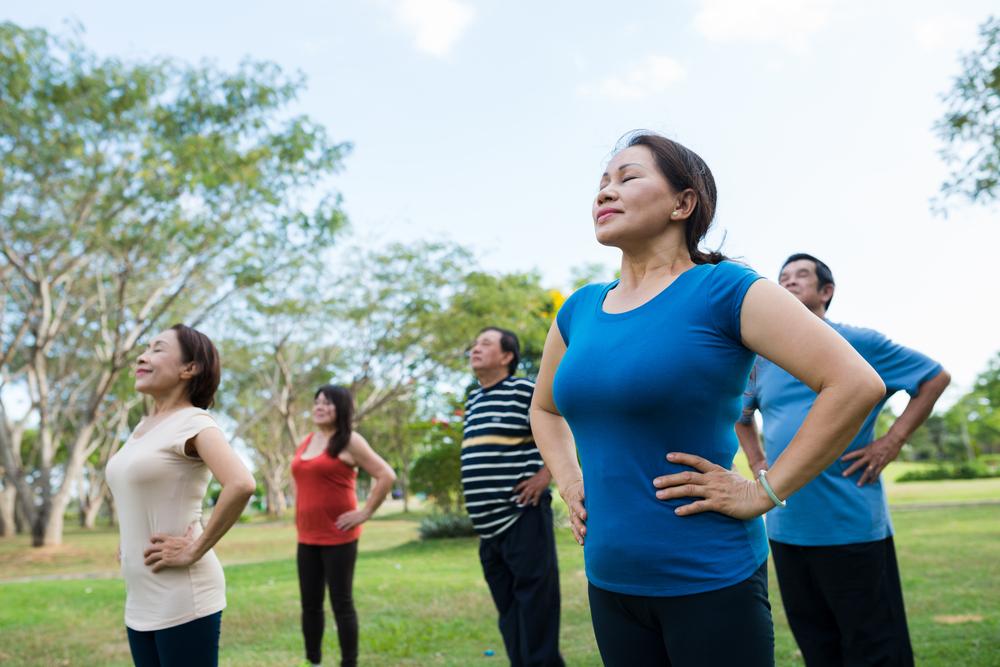Among the rapid changes that swept in with the coronavirus (COVID-19) pandemic was a new enthusiasm for exercise. During the first lockdown, my husband, who spent much of his career working on strategies to get the nation exercising, looked on in astonishment at each person striding past our window, kitted out for a walk, and at family units marching thru the footpaths in the nearby fields. Many of us supplemented our daily allowance of outdoor exercise with indoor sessions stretching and jumping in front of YouTube, ‘doing Joe Wicks’ added to our lockdown schedules and vocabulary.
But might embracing regular exercise (at last!) offer us some protection from acute respiratory infections? This is an important question, and especially in this era of COVID. Of all acute illnesses, these are the most common. They range from the common cold to illnesses such as pneumonia and now coronavirus.





